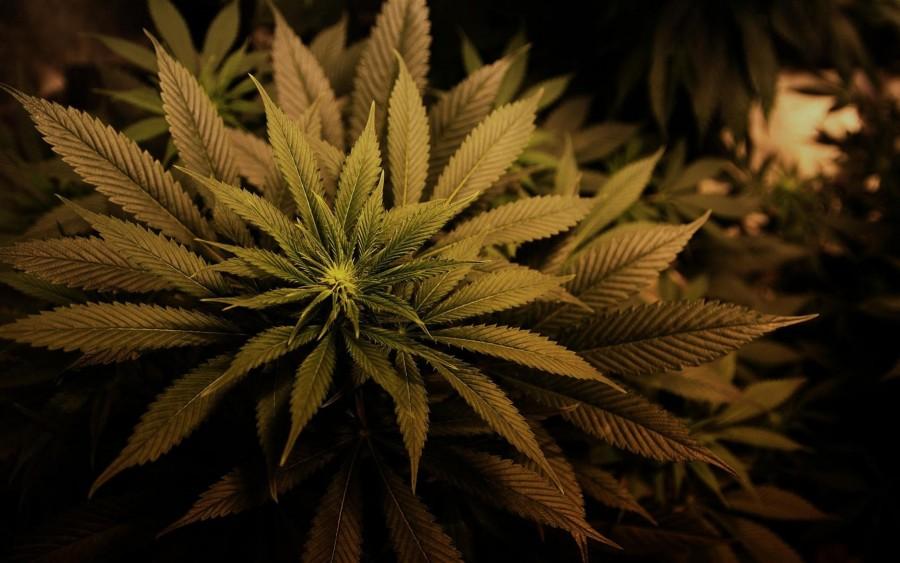Bergh to JSC:
This bud just ain’t for you
If Vermont Attorney General William Sorrell’s prediction that the Vermont Legislature will legalize marijuana for recreational use at some point in 2016, what effect would that have on Johnson State College?
According to Dean of Student Life and College Relations Dave Bergh none, not as long as marijuana remains illegal under federal law.
Recreational marijuana is currently legal in Colorado, Alaska, Washington and Oregon. Marijuana is currently decriminalized in Vermont along with 11 other states.
Bergh mentioned the issue as being fairly straight forward. “As long as marijuana remains illegal federally it will trump the state on a number of fronts. One of which is any entity such as ours which receives federal aid.”
Using Colorado as an example, Bergh explained that the colleges there prohibit marijuana use. “This is simply because they receive federal aid as a higher educational institution which trumps the states laws,” said Bergh. “In order for colleges to remain eligible for federal funding they have to abide by the federal laws of the subject.”
He explained that things might be trickier for the schools located where recreational marijuana usage is legal. “In these areas there is a general expectation that using recreational marijuana is something that individuals can do. It probably leads to more campus violations because it is probably viewed as a normal thing to people in those states.”
Bergh considered the possibilitythat more individuals might be attracted to go to college in Vermont if marijuana becomes legal in the state. “I think we are going to have to be clear about our policies at the college should the state change its marijuana policies,” said Bergh. “I think that as the discussion on marijuana legalization moves forward in Vermont we will want to be proactively talking about how we will want to respond to it.”
For now Bergh asserted that for JSC to change any of their current policies regarding marijuana, there would have to be a change in policy at the federal level.
The current policy for JSC is that marijuana is prohibited. “Federal laws aside, campuses in general have a lot of discretion,” said Bergh. “Even though something is legal to the general population, doesn’t mean that campuses require them to permit it.”
Using alcohol as an example he pointed out that “many college campuses still decide to be dry campuses in terms of alcohol. The college can still determine if it is going to permit its use on campus for those individuals that are 21 and over.”
If Vermont gets closer to legalization, Bergh said he thinks the college would look into consulting a legal counsel to clarify what the expectations would be for the school, and to make sure that they comply with both state and federal laws.
“This could be an issue that might evolve over many years if it ends up being a state-by-state scenario,” says Bergh. “I think if there is a federal law changed dealing with this matter it will be a game changer, but I feel like we are a long ways from that at the moment.”



